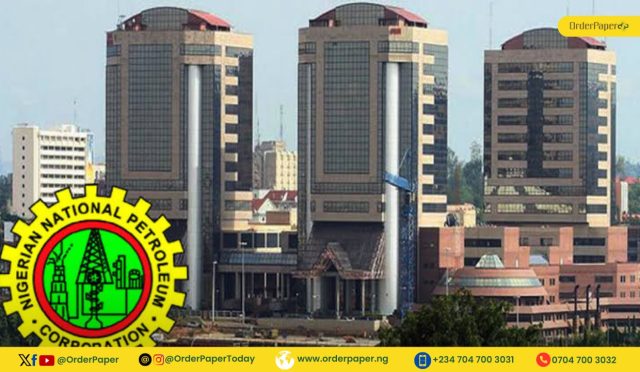With crude oil selling at about $80 on the international market, only $32 is available to the government to be shared with oil companies.

The Chairman of the House of Representatives Committee on Finance, Rep. James Abiodun Faleke (APC, Lagos) has expressed concern over Nigeria’s $48 per barrel crude production cost saying it is the highest in the world.
He stated that the cost of production was far higher than the production of crude oil per barrel at $9 in Saudi Arabia, $21 in Norway and $24 in the United States of America, adding that despite the increase in production cost, the volume of production has continued to dwindle.
According to him, with crude oil selling at about $80 on the international market, only $32 is available to the government to be shared with oil companies.
These concerns were raised on Tuesday at the National Assembly at a meeting between the House Committee on Finance and the management of the Nigeria National Petroleum Company Limited (NNPCL) on the cost of crude oil production in the country and its impact on government revenue.
Faleke said “It is important that Nigerians understand the impact of production costs on the available revenue accruable to the Federal Government to execute its programs in the national budget. The higher the cost of extracting a barrel of crude oil from the ground, the less funds available to the government and Nigerians.
“The committee has been given a total costs figure of $48.71 per barrel by the FIRS for calculation of Petroleum Profits Tax and Hydrocarbon Tax and this will also be used for profit calculations. We need a detailed analysis of how this value was attained.
“From 2014 to 2024, our costs have increased by about $18m per day or $6.6 bn per annum over 10 years; and this has not led to an increase in either reserves or production. This further implies that for a production of 1 million barrels per day, we are incurring costs of $48m per day or $17.5 bn per annum.
“It is imperative that we, as a nation, endeavour to increase our production volumes and at the same time reduce production costs to increase accruals to the government.”
The Committee requested a list and status of all forward contracts executed by the NNPC/NNPCL from 2014 to date and the assets used to secure all these contracts.
He stressed that “We have noticed that NNPCL has been transferring federation crude from the Federation to NPDC/NEPL, thereby shifting FG income from a daily profit oil to an annual dividends payment”, while asking for the revenue implications to the government.
OrderPaper recently published an exclusive story on the report by the House of Representatives ad hoc committee investigating crude oil theft and revenue loss in Nigeria which delivered an indictment against the NNPC. The report, seen exclusively by OrderPaper, is based on meticulous scrutiny and testimonies from various stakeholders and paints a troubling picture of the nation’s oil and gas sector.
READ MORE: EXCLUSIVE: NNPC found wanting in Reps’ investigation of Crude Oil Theft
